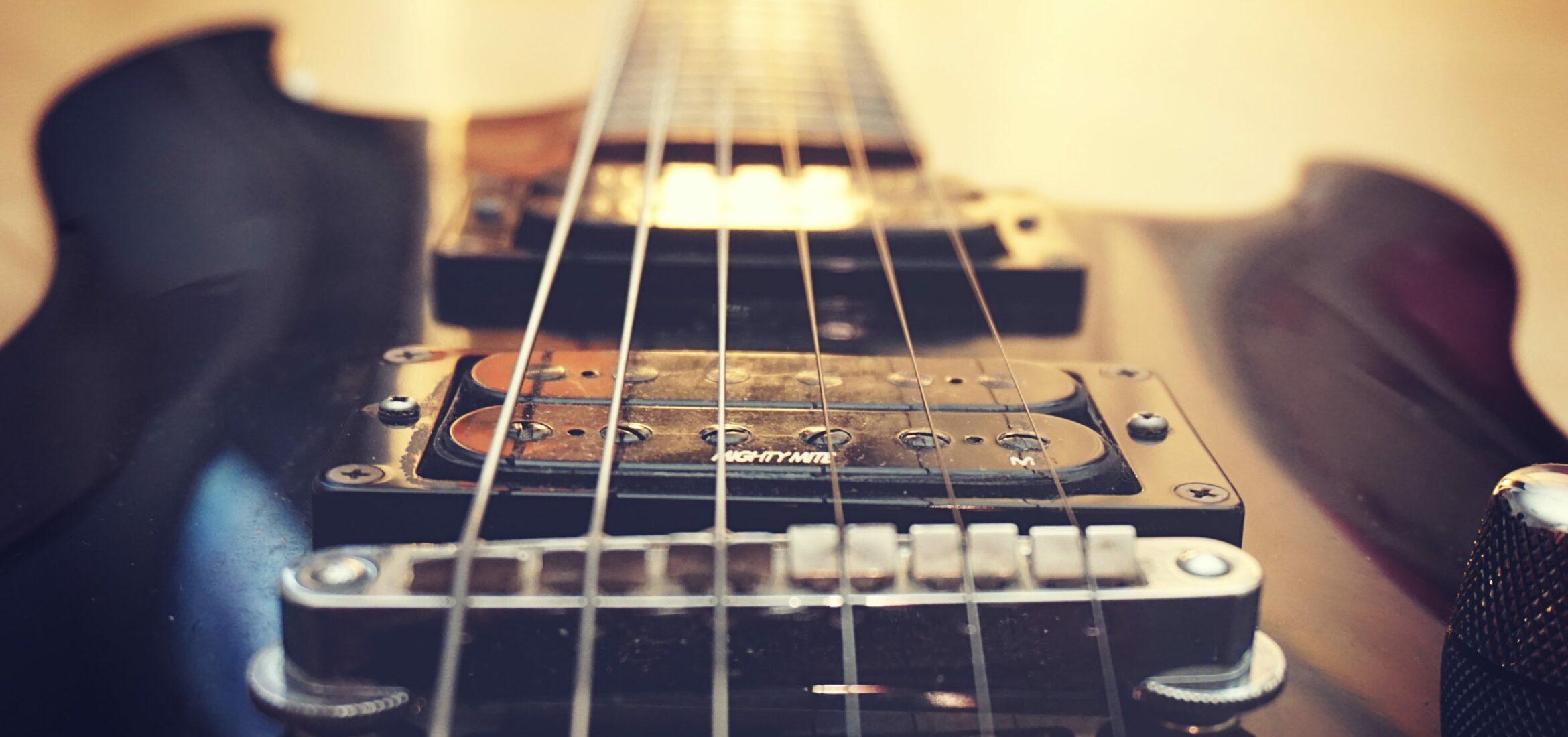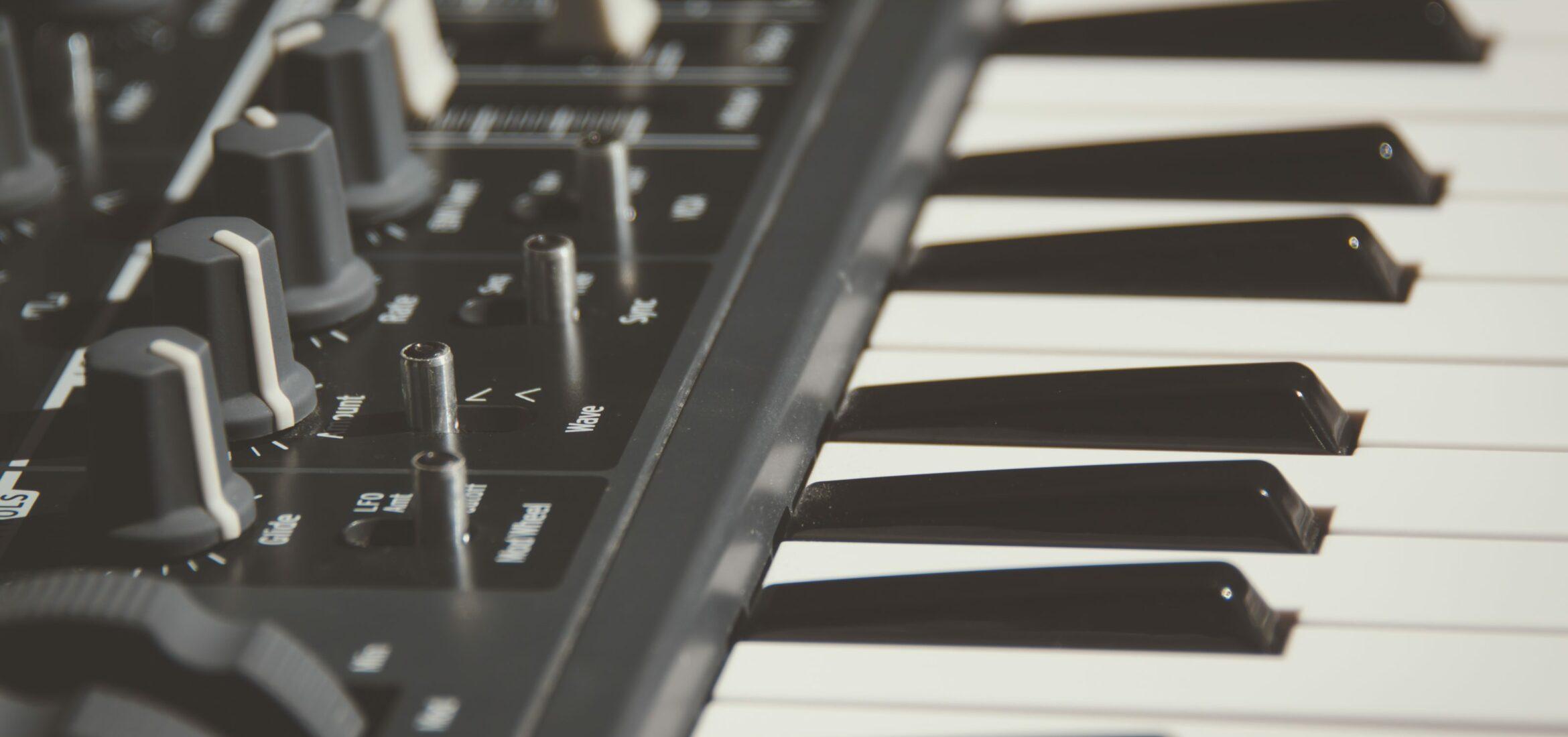Having a good recording studio is kind of a double-edged sword these days. On the one hand, it’s now easier than ever to start your own home studio. On the other hand, obtaining all the good equipment you’ll need doesn’t always come cheap. From high-powered computers to the latest recording software and preamps, getting started can seem like a pretty steep climb. Of course, if you’re reading this, you might already have some access to this fundamental gear. If not, you’re probably considering investing in it. No matter what, you’ll have to spend some of your hard-earned cash if you want a worthwhile setup. It’s not all bleak, though. There are plenty of useful tools every home studio can use, and many of them don’t cost much at all. Whether you’re a hobbyist or a burgeoning professional engineer, everyone should have these six cheap studio tools on hand.
1. Studio Headphones
It goes without saying that not all studio headphones are «cheap.» In fact, there’s quite a range of prices for headphones. Some headphones have added features like true noise cancellation, others have deeper bass, and some are built with better quality materials and craftsmanship. Other audio equipment simply has a recognizable name brand that causes the markup. At the highest end, a really solid pair could run you over $300 USD. Still, if you’re just getting started with your home studio, you can do just fine with a cheaper set of headphones. Of course, the definition of «cheap» differs for everyone. For our purposes, we’ll stick to the range of $20-$75.
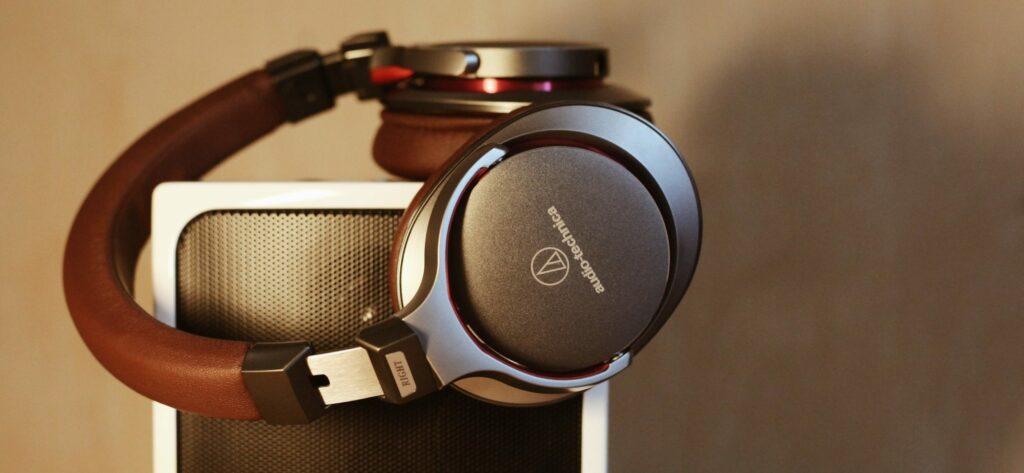
On the higher end of this range are Vic Firth SIH1 isolation headphones. These are great for recording drums thanks to their noise reduction capabilities. On the lower end of the price range, Behringer HPS3000 headphones offer good quality, longevity, and comfort at a low price. Again, these two examples of cheap studio tools might not be the pair you use down the road as you expand your studio and skills, but they’re a great place to start.
2. Mic Stands
You can never really have enough mic stands. They come in handy when you least expect it, and more stands mean more options, more control, and more creativity. Weirdly enough, there’s a wide range of prices for mic stands as well. This is mostly because some stands are sturdier, feature more flexibility, and have additional functionality. But if you’re not looking for all the bells and whistles, you can pick up some mic stands at a low cost.
Having some extra mic stands also opens the door for great studio accessories. If you’re looking into recording video, whether on a phone, GoPro, or another small camera, you can mount them on these stands with certain other cheap studio tools. These days, smartphone cameras are of such high quality that all you need is a phone clamp that connects to a mic stand. Additionally, you can hook up sheet music stands and even cup holders if you really feel the need.

3. Soundproofing Foam
This tool can go overlooked, but it’s crucial if you want to get serious about recording. While DAWs often feature plugins that allow for noise reduction, nothing beats recording in a properly soundproofed vocal booth or studio. You’ll get more of the instrument’s sound and have much more control over mixing it after the fact.
Fortunately, most soundproofing foam isn’t too expensive. Of course, the bigger your recording space, the more panels you’ll need. Still, a 12-pack of 2x12x12 inch foam wedges on average runs for less than 30 bucks. This is enough to cover a significant portion of a wall. You could go even cheaper with 1x12x12 inch panels, but that’s a matter of budget and preference. If you’re unsure how to set up these panels, find an expert or do some online research to see what configuration will work best for your studio.
4. Backup Cables
The more equipment you get for your studio, the more cables you’ll need. Fortunately, audio cables are typically cheap studio tools. That being said, they can be unpredictable. Since they’re flexible and used so frequently, it doesn’t take much to wear them out. You should do your best to take care of them by coiling them properly, not running them over, and removing them gently. Still, no one is perfect. Do yourself a favor and stock up on backup cables when you can. It’s cheaper to buy in bulk than per unit, and having a drawer filled with new, mint-condition audio cables of all kinds will make your life a lot easier. Nothing is worse than halting the recording process due to faulty cables.
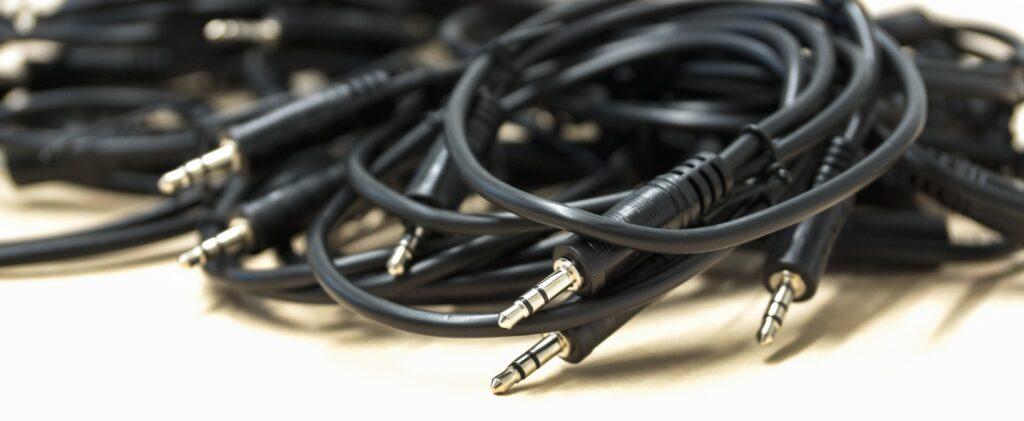
5. Cable Ties
Having backup cables is great, but even better is having cables that last a long time. The best way to ensure the longevity of audio cables is to keep them organized and untangled. Investing in a ton of cheap cable ties (or zip ties) will make your studio neater and save you time and money in the end. If you really want to get organized, get different colored cable ties for different cable types and lengths. This way, you’ll never have to run around your home studio looking for the right one.
6. Pop Filters
Lastly, get some pop filters. The most expensive one could run you $70, but all you need is a $10 one. If you want to get really cheap and crafty, you could even build one yourself with some pantyhose, cardboard, scissors, clamps, and glue. Pop filters are primarily used for vocal recording. They reduce the impact of plosives, the spoken consonant sounds such as «p» and «b» made by cutting airflow and then releasing it. With enough compression and careful editing, these plosive sounds can technically be reduced, but it’s a huge waste of time. Much better to just invest in a cheap pop filter and save yourself the energy.
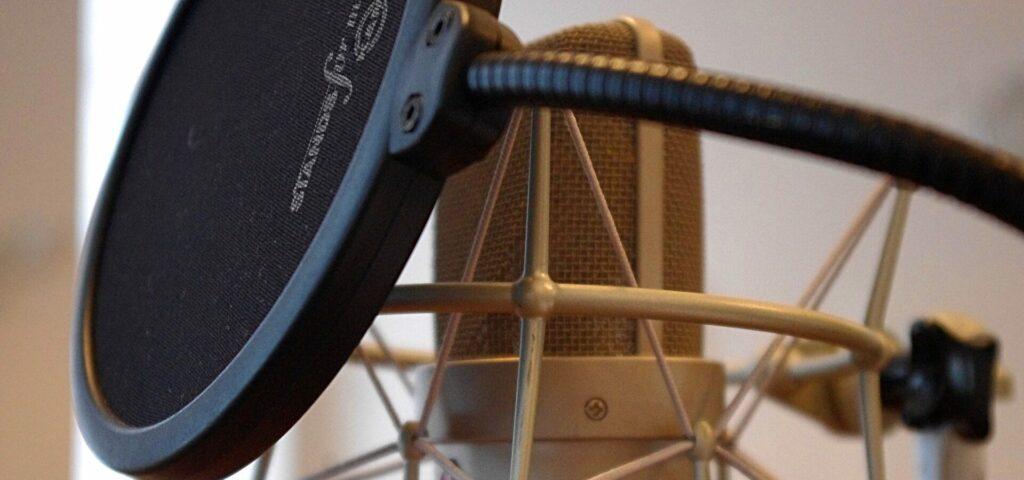
Conclusion
These six cheap studio tools might seem obvious or nothing special, but each can make a big difference. Without them, your recordings just won’t be as good. Sure, you can spend a fortune on the latest and greatest gear, and there’s definitely a difference between expensive equipment and cheaper options. But until that’s viable, nothing is stopping you from starting a decent home studio and building your skills and portfolio.
Sobre el autor

Ethan Keeley
Escritor, locutor, músico y editor de audioEthan Keeley es músico, locutor y escritor de Rochester, Nueva York. Cuando no está de gira con su grupo Unwill, trabaja en nuevas canciones e historias.
Deja un comentario
Inicia sesión para comentar

